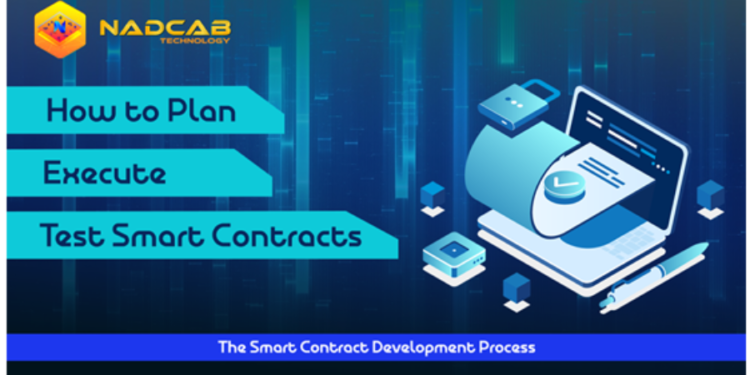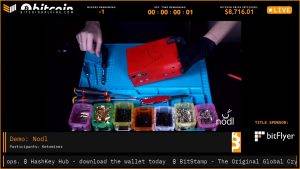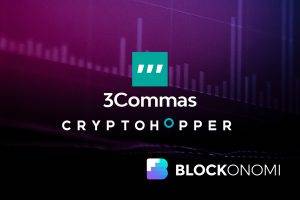Introduction
Building and testing smart contracts requires time, resources, and expertise that many blockchain startups don’t have. Suppose you’re in the early phases of developing your business and aren’t sure how to move forward with smart contract development. In that case, it’s essential to recognize what lies ahead so you can start planning your smart contract development process before it becomes too late. That way, when the time comes to execute your plan, you’ll be ready to work out all the kinks beforehand and meet your goals on time and within budget.
An introduction to smart contracts
As interest in cryptocurrency has exploded over the past few years, many people have asked about smart contracts. What are they? What can they do? Where should you even start with them? If you’re already familiar with smart contracts, our smart contract development process will show you how to design a simple but valuable one; if you don’t know much about them, it’ll be a great starting point for getting into them. And since blockchain technology continues to gain in popularity and popularity—along with smart contracts—you should know more about how everything works to take advantage of these opportunities. With that said, let’s look at what makes up our smart contract development process.
Planning smart contract development
It all starts with a problem. What is a business problem you want to solve? Think of your smart contract as a separate business that helps solve that problem. That’s how you must think when planning your smart contract development process. Once you know what kind of smart contract you’ll build (this part is essential), it’s time for software architecture design.
During software architecture design, ask yourself questions about where your blockchain data will come from (examples are live feeds from government databases or customer data generated by businesses); what kind of blockchain network should be used; how big will it grow? Depending on your project goals, you can start simple or get detailed. The more detail you go into at this stage, the easier your smart contract will be to build. The next step in the smart contract development process is prototyping.
Prototyping includes visualizing what the application interface would look like to test interactions between different components and decide if they work well together before building them in code. The final step before coding is designing an execution strategy, which defines parameters such as gas prices or minimum transaction fees; network state changes; rate limits on computations per second required for smart contracts to execute successfully.
Getting your team together
As with any process in a startup, you can expect your Smart Contract development process to evolve. Just like figuring out your team or writing a business plan is an iterative process as you figure out what’s most important for each stage of your business. To get things started (no pun intended), gather your smart contract developers and assign roles based on their expertise. What are their strengths? Do they have experience in smart contracts? Does everyone know how to make smart contracts from start to finish? Look at past projects where people worked together on smart contracts. Are there any reasons why a particular developer may not be able to do so again? An excellent way to think about how team members work together is through team dynamics.
The process of testing a smart contract
Smart contracts are computer programs. That means that for them to be helpful, they have to work when you run them. To ensure that happens, smart contract development processes often include rigorous testing procedures where individual units are rigorously examined and tested before being integrated into production-level systems. Smart contract testing is part of a more extensive blockchain development process that includes designing individual units, writing code for them (often in a language such as a Solidity), compiling them down into bytecode, deploying a version of those contracts onto a private or public blockchain network (such as Ethereum) then executing them multiple times using different sets of data and parameter values.
Conclusion
The best advice for starting smart contract development is simple, albeit counterintuitive: Don’t do it. At least not at first. Smart contracts are complicated, challenging to write well, hard to test and expensive to change once written. Trying to figure out a smart contract development process before writing any actual code will leave you spinning your wheels trying to devise an optimal process that might or might not work for your project in particular. Thus it is much easier to start writing code without thinking about anything but getting started!
Find the latest update on Twitter









